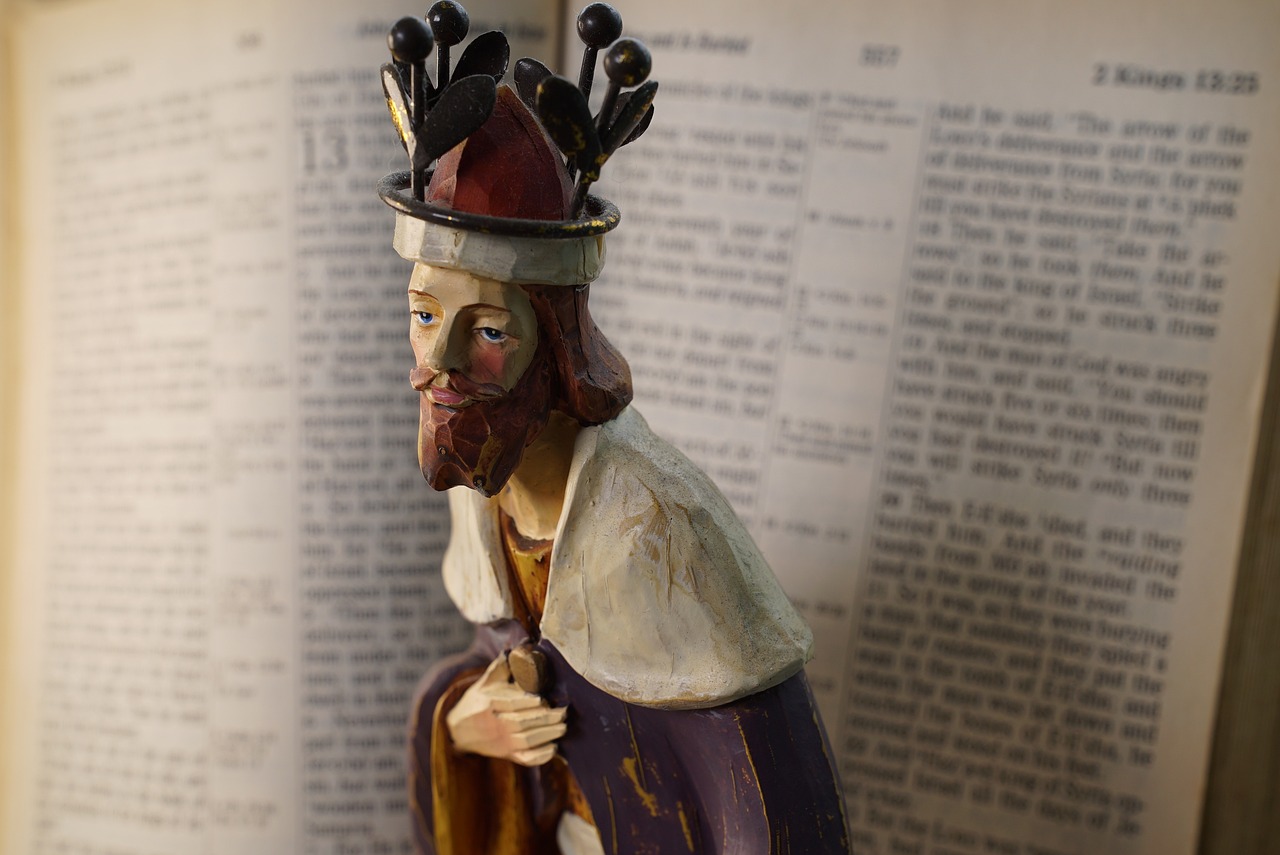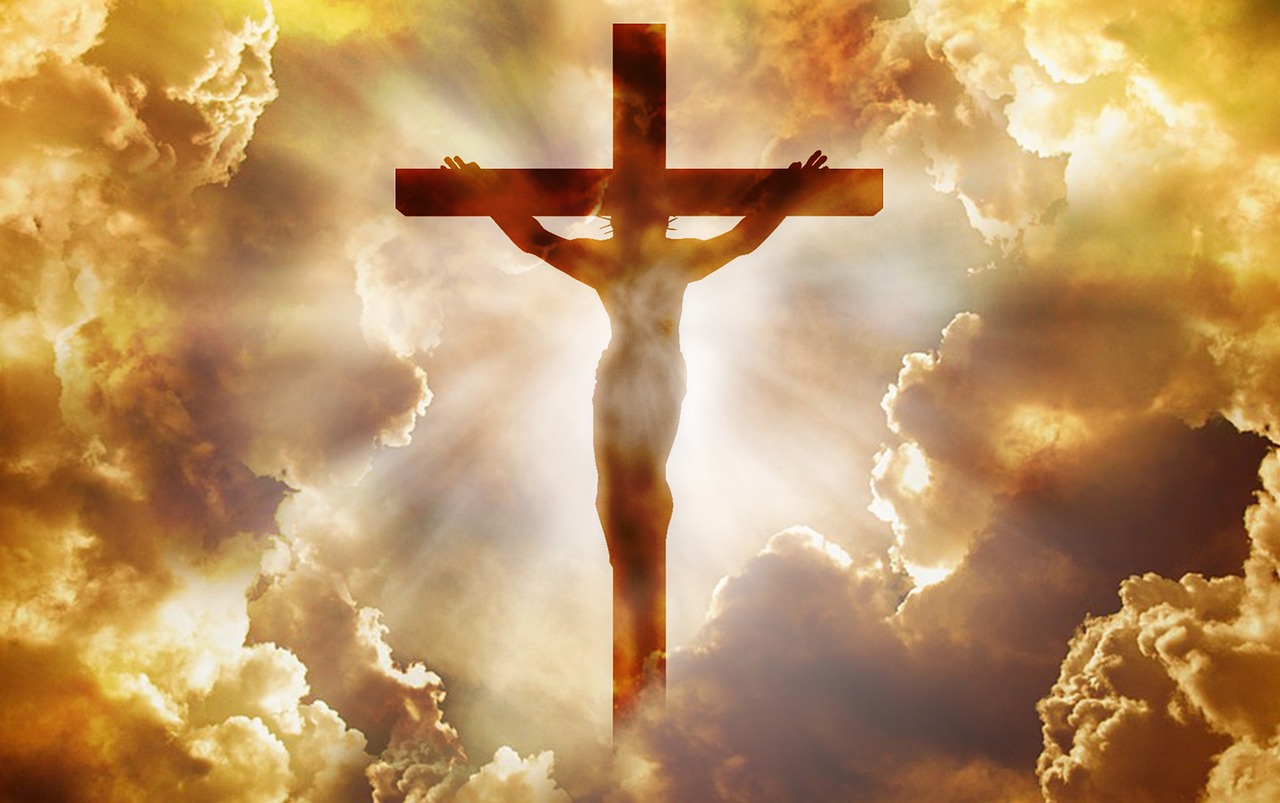Genesis 14 is a fascinating chapter in the Bible that tells the story of a war between several kings in the region. It begins by introducing four kings who had formed an alliance and waged war against five other kings, which included the kings of Sodom and Gomorrah. During this battle, the five kings of Sodom and Gomorrah were defeated, and the victorious kings took their possessions and captured Lot, who was Abraham’s nephew.
When Abraham learned about Lot’s capture, he gathered his men and bravely pursued the captors. With a small army of 318 men, Abraham successfully rescued Lot and his possessions. This victory demonstrated Abraham’s military prowess and his loyalty towards his family.
Now, you might be wondering, where does Jesus come into the picture? Well, the connection to Jesus unfolds in a somewhat unexpected manner. After Abraham’s victorious return, he encounters two significant figures: Melchizedek, the king of Salem, and the mysterious figure of the High Priest, who blesses Abraham. This encounter holds a profound foreshadowing of Jesus Christ.
Melchizedek, who is described as both a king and a priest, brings out bread and wine to bless Abraham. In doing so, he symbolically shares a meal with him. This gesture of communion holds deep significance in the Christian tradition because Jesus himself would later offer bread and wine during the Last Supper, establishing the sacrament of the Eucharist. Therefore, Melchizedek’s act can be seen as foreshadowing Jesus’ role as the eternal High Priest and the ultimate sacrifice for mankind.
Additionally, Melchizedek’s name means “king of righteousness,” and he is also referred to as the “king of Salem,” which means “king of peace.” These titles point to Jesus, who is often referred to in the New Testament as the “Prince of Peace” and the one who brings righteousness through faith.
The author of the book of Hebrews in the New Testament further expands on the significance of Melchizedek, comparing him to Jesus and highlighting the superiority of Jesus’ priesthood over the Levitical order established in the Old Testament. This comparison emphasizes the eternal and unchanging nature of Jesus’ priesthood, as opposed to the temporary and imperfect nature of the Levitical priesthood.
Furthermore, the author of Hebrews highlights that Melchizedek, in a sense, transcends time since he is described as having no beginning or end of days, resembling the Son of God Himself. This echoes the eternal nature of Jesus, who is described in the New Testament as the Alpha and the Omega, the beginning and the end.
So, while Genesis 14 may appear to be a detailed account of a military victory and a rescue mission, it also contains profound symbolism that points to Jesus’ future role as the High Priest and the ultimate source of righteousness and peace. It sets the stage for understanding how Jesus fulfills and surpasses the Old Testament, as the ultimate mediator between humanity and God.
In conclusion, Genesis 14 not only tells the story of Abraham’s heroic rescue of Lot but also includes a significant encounter with Melchizedek, the king of Salem, who foreshadows the eternal priesthood and sacrifice of Jesus Christ. This chapter highlights the themes of righteousness, peace, and communion with God, all of which are later fulfilled by Jesus in the New Testament. So even though the connection to Jesus may not be immediately apparent, it becomes clear when we dig deeper into the symbolism and themes presented in this chapter.
#Genesis14, #Abraham, #Melchizedek, #JesusConnection, #HighPriest, #Foreshadowing, #Eucharist, #Righteousness, #Peace, #Communion, #NewTestament, #OldTestament, #Symbolism, #BiblicalNarrative, #SpiritualMeaning, #Salvation



